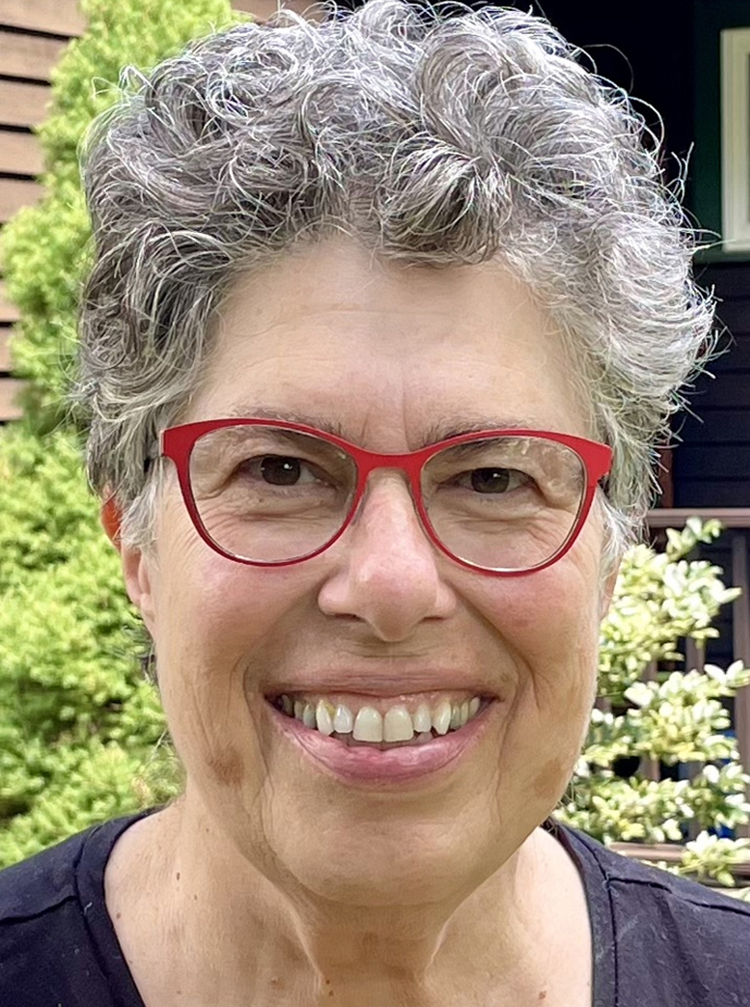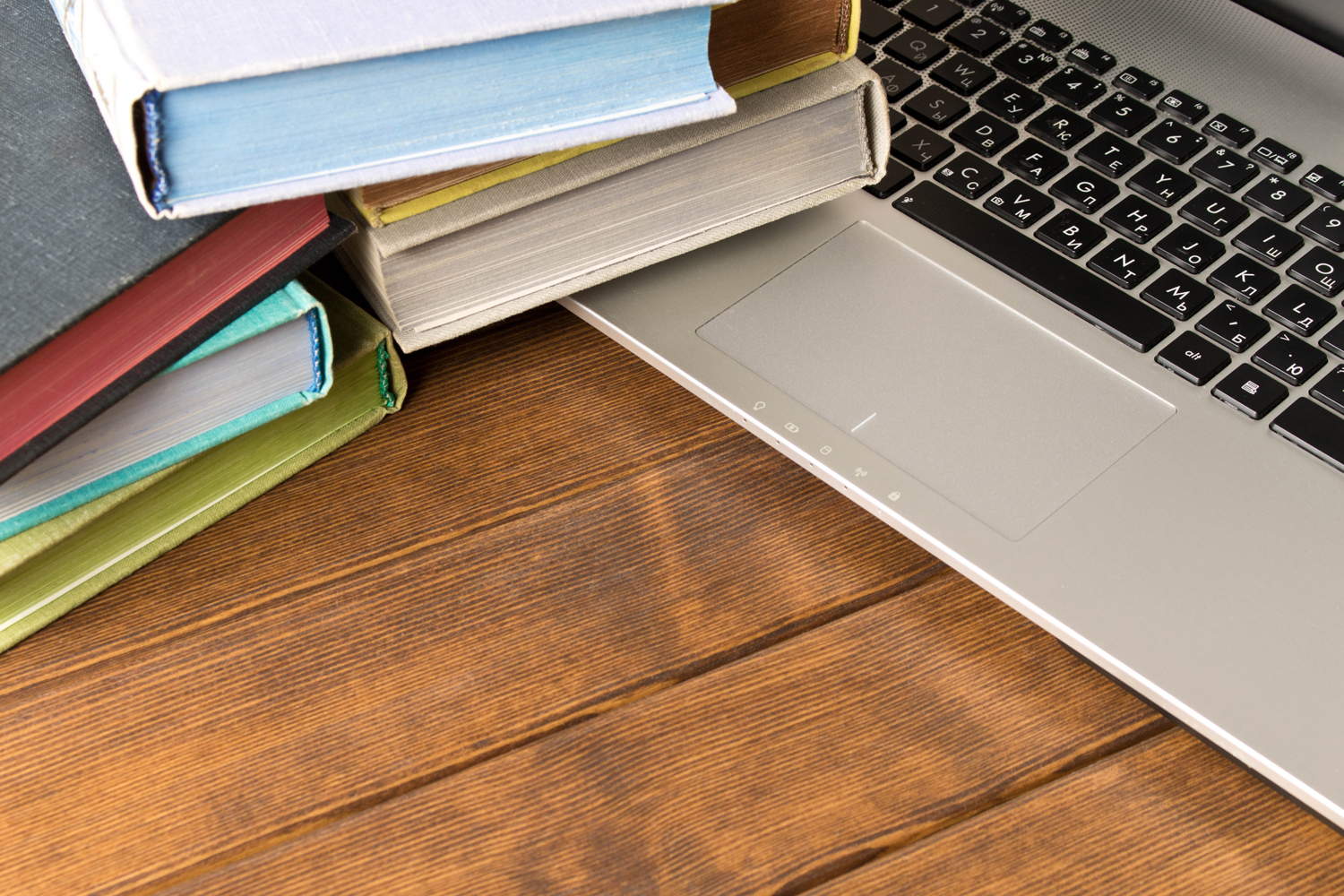
Helen Epstein Photo by Patrick Mehr
IN SPRING 2020, PEOPLE AROUND THE WORLD hunkered down in their homes to curb the spread of COVID-19, and videos of George Floyd’s murder at the hands of police officers played continuously on the nightly news. But on June 11, 2020, 72-year-old Helen Epstein received additional difficult news. She was diagnosed with high-grade endometrial cancer, an aggressive type of cancer in the lining of the uterus.
As the daughter of parents who survived the Holocaust, Epstein, a seasoned journalist, wrote about the psychology of trauma and its ripple effects in books including Children of the Holocaust and Where She Came From: A Daughter’s Search for Her Mother’s History. However, in a new memoir, titled Getting Through It: My Year of Cancer During COVID, Epstein provides an honest account of her six months of cancer treatment—which included surgery, chemotherapy and a type of targeted radiation called brachytherapy—and recounts a growing realization of her role in her own healing.
“My parents had managed to stay alive during six years of Nazi occupation, through lockdowns, forced separations from their parents, slave labor and near-starvation. Their experiences had seriously impacted their health. They had taught me not to take bad luck personally and to get through difficult situations by focusing on the task or problem directly at hand,” Epstein writes in the memoir.
Through Dec. 19, we will be discussing Getting Through It: My Year of Cancer During COVID in our online book group.
During treatment, Epstein, who was born in Prague and grew up in the U.S., took solace in simple pleasures: the chaise lounge under trees in her Lexington, Massachusetts, yard where she recovered after treatment with a laptop and a strong internet connection; her virtual Italian lessons that she continued to attend because they fed her mind; and the virtual book readings to help promote her books. She also set boundaries—with the help of her husband, who provided updates to friends and family members and reminded them to keep visits short.
Epstein recently spoke with Cancer Today about the lessons she learned and her advice for others going through similar challenges.
CT: When you look back at your treatment, what are your thoughts on the quality of your care, especially since you were treated during the early days of the pandemic?
EPSTEIN: I think the quality of my care was extraordinary. People in the medical industry didn’t have the option to stay home. It was amazing for me during COVID to enter a world that was functioning normally—I mean people wore masks, but apart from that, [it felt normal]. I felt my medical team was heroic in really difficult times.
CT: Is there anything you would have changed about your care?
EPSTEIN: As medicine gets more and more sophisticated, silos are created, unfortunately. It would have been good to have a case manager who could coordinate [details], especially the medications. It would have been a good thing for my hospital—and probably every hospital in the country—to invest some money in this area.
CT: You were treated with surgery, chemotherapy and radiation, and you write about neuropathy and sexual side effects. How are you doing now?
EPSTEIN: I still have neuropathy in my toes, but they stopped the chemotherapy at five rounds rather than going on to six because I was really feeling it. I’m glad for that. I don’t have neuropathy in my fingertips, which is great since I type a lot. I have to be careful walking, and I always use banisters when there are stairs. But it doesn’t really interfere with life.
For the sexual side effects, [my husband and I] do have sex, although it may not be as much as he would like. I’ve been married for 40 years to the same person, so it’s hard to say [how it has impacted us], and we’ve had the benefit of that time together.
CT: Do you have advice for people who are struggling with this part of treatment?
EPSTEIN: If you’re really having trouble with the sexual fallout from cancer, I think the best person to talk to is your partner. One of the reasons my husband and I don’t miss sex that much and why it’s not such a big part of our lives is because we communicate in so many different ways, including intellectually.
I actually reacted quite negatively to any initiative by the medical community to get involved in my private life, but if you need to talk to someone, you often find people on your care team you’re comfortable with. If I felt the need to talk to someone, for example, I probably would have chosen to speak with my surgeon because she’s about my age and has been married for a long time.
CT: When you look back over your treatment, what surprised you?
EPSTEIN: I have always had an easy time making friends, and most of my friendships have lasted 30 or 40 years. But people respond differently to cancer. I had flaky friends who were suddenly very responsible, and other friends disappeared. Some people can handle it, and others can’t. That has had ongoing effects. There are now people whom I just won’t take the time to try and resurrect the friendships with.
CT: What else has changed since finishing your treatment?
EPSTEIN: I’ve always been a high-energy person, but I have less energy now. I don’t know how much of that is because I’m just getting older or a result of the cancer. But I became more aware of how much I had been meeting other people’s needs all my life. I realized I couldn’t do that. That stayed that way once I understood what I was doing. I’m very conscious of when I’m supporting other people, how much I’m doing it and what the balance is in the relationship.
CT: Does setting boundaries come easily to you?
EPSTEIN: I think it was difficult when I was a child because I had a mother who needed a lot of attention, and we were very bonded as I was the only girl. What happened when I had cancer was that I had to set boundaries. There was no way I could meet anybody else’s needs but my own.
CT: Are you anxious about the cancer returning?
EPSTEIN: I have never really been anxious about anything except the prospect of pain. I don’t feel anxious when I go see the physicians. I don’t pay much attention to the blood tests. I pay attention to how I feel. I’m also a person who is very busy with things that really engage me, like my Italian book club that meets once a week, my book readings and my writing.
I think one of the things that contributes to anxiety is not having enough that engages you and that is life-enhancing. My sense is that if you’re an anxious person, it probably would be helpful to find something you really love that will take your mind somewhere else completely. If you’re going to your appointments on schedule, there’s not much more you can do except forget about it and enjoy life.
This interview has been edited and condensed for clarity.
Cancer Today magazine is free to cancer patients, survivors and caregivers who live in the U.S. Subscribe here to receive four issues per year.





